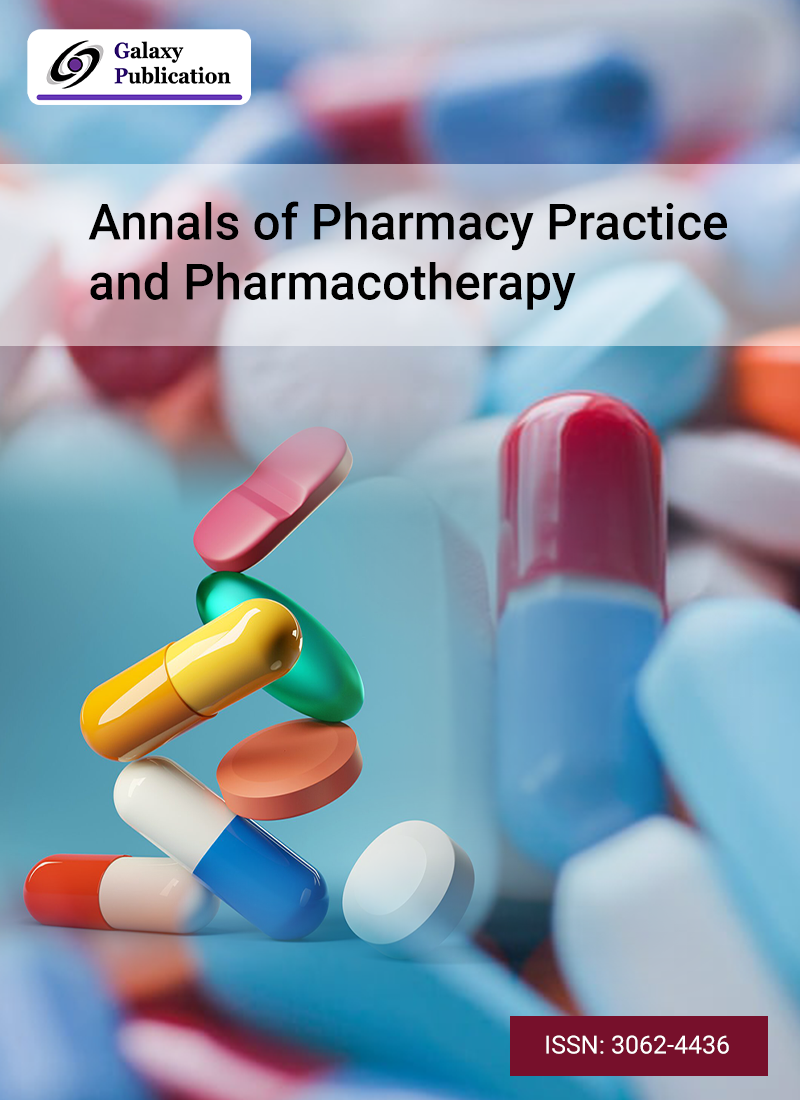
Despite significant advances in heart transplant treatment, transplant rejection remains a significant challenge. Lovastatin, a statin medication with intriguing immunomodulatory effects, has received attention as a potential treatment for heart transplant rejection. All of the studies show that lovastatin can affect T-cell activation, reduce acute rejection events, and preserve graft function. These results provide encouraging directions for the use of lovastatin to improve patient outcomes and transplant success rates. This survey aimed to investigate opinions regarding the treatment of post-cardiac transplant rejection with lovastatin. Survey questions about lovastatin candidacy, perceived dangers of unapproved medications, and the significance of dyslipidaemia prophylaxis were asked of participants from a variety of backgrounds. The 39 people who responded were analysed, revealing demographic trends: most were female (59%) and between the ages of 18 and 24 years (82.1%), mainly from Maryland and Virginia. The majority had a 4-year degree as their highest level of education, and while 70.3% acknowledged lovastatin as a statin, opinions on its effectiveness varied, with notable opinions from 51.4% that it should be considered for the management of rejection. Demographic comparisons showed significant differences in opinions, including age groups differing in their suitability for lovastatin (P = 0.003) and awareness of unapproved medications (P < 0.001). Patient education and prevention of dyslipidemia are essential for transplant survival. Given the array of viewpoints, further research is warranted to clarify the safety and effectiveness of lovastatin in this context.